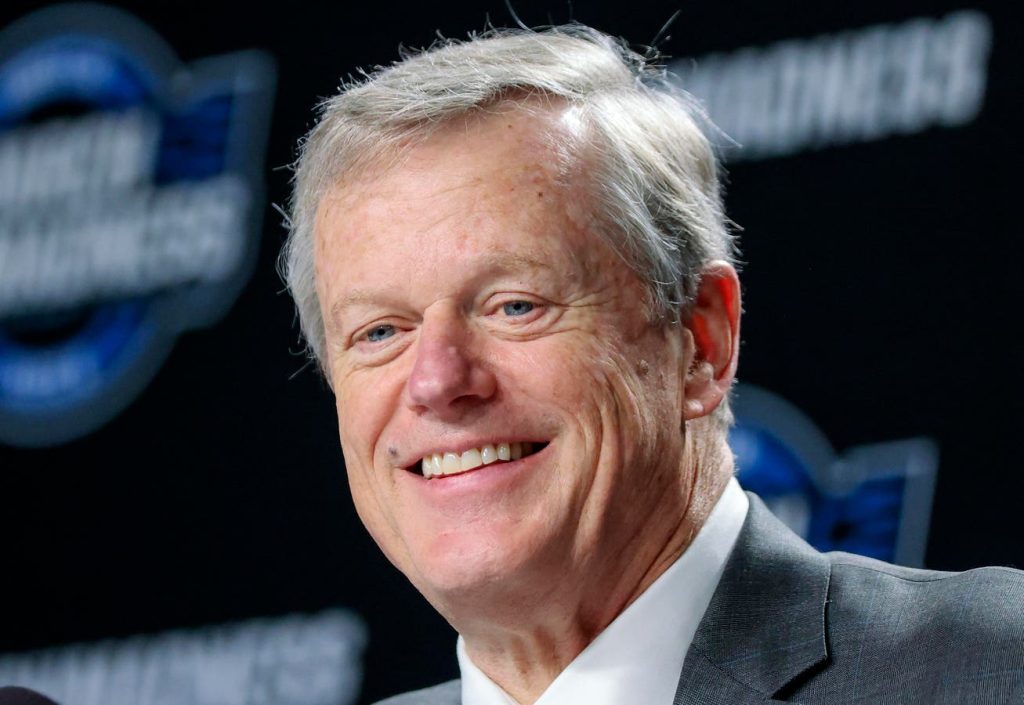The 11th Circuit recently ruled in favor of golf attendants, determining that they were volunteers and not employees entitled to minimum wage. This ruling could have implications in the ongoing legal battles regarding college athlete compensation. The NCAA and its member institutions may use this ruling in future litigation as they defend against 13 active lawsuits. The NCAA has struggled to find a legal basis for their business model, and this ruling could provide some reprieve.
The volunteer golf attendants in the Palm Beach County case were motivated by discounted rounds of golf at the course, which they received in exchange for their services. They argued that this discount should be considered as compensation, entitling them to minimum wage. However, the FLSA only considers benefits actually received as potential compensation. The County successfully argued that the attendants were volunteers and therefore not entitled to minimum wage.
In contrast, the Dartmouth men’s basketball team fared better in their fight for employee status in front of the NLRB regional director. The two cases have differences, but the NCAA may still use the 11th Circuit ruling in future litigation regarding college athlete employment. The blurred lines between compensation and benefits for volunteers are similar to the debates surrounding college athlete employment and benefits.
The Dartmouth case determined that non-wage benefits received by basketball players were compensation, while the Palm Beach County case ruled the discounted golf rounds were not compensation. The differences between these cases highlight the complexities in determining employment status for college athletes. The NCAA has faced challenges navigating this issue, leading to the current legal landscape with 13 active lawsuits against them.
The possibility of having college athletes be considered employees under the NLRA but not under the FLSA could lead to unique legal implications. Private school athletes could unionize and engage in collective bargaining regarding their wages, hours, and conditions of employment. While this scenario may seem unlikely, it could provide athletes with bargaining power regarding non-economic interests and alleviate concerns about financial feasibility.
Overall, the issue of college athlete employment and compensation is complex and ongoing. The NCAA has struggled to find a solution, even lobbying Congress for help. The legal battles surrounding this issue are just beginning, and it is clear that college sports fans and legal experts are in for a long and interesting ride before a resolution is reached. The implications of these rulings could have far-reaching effects on the future of college athletics.


